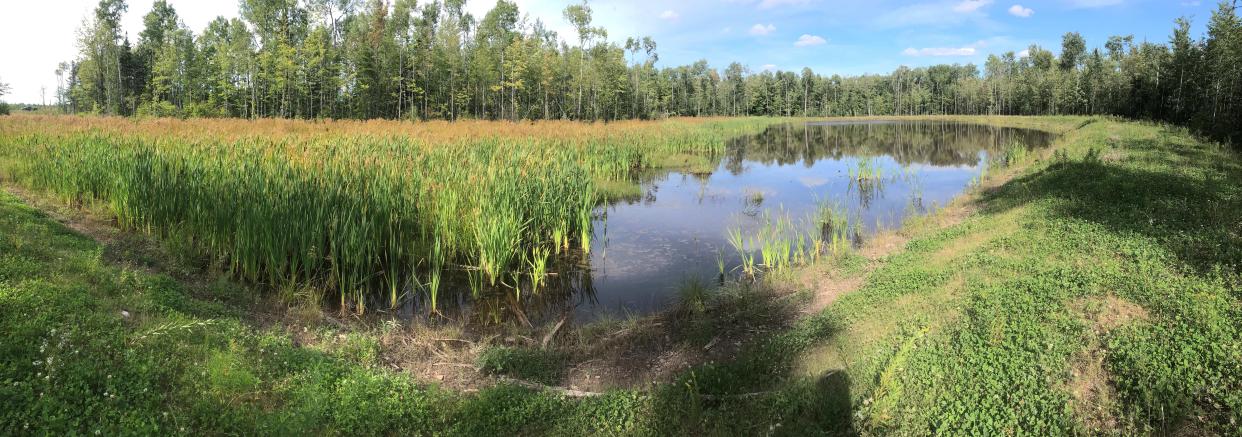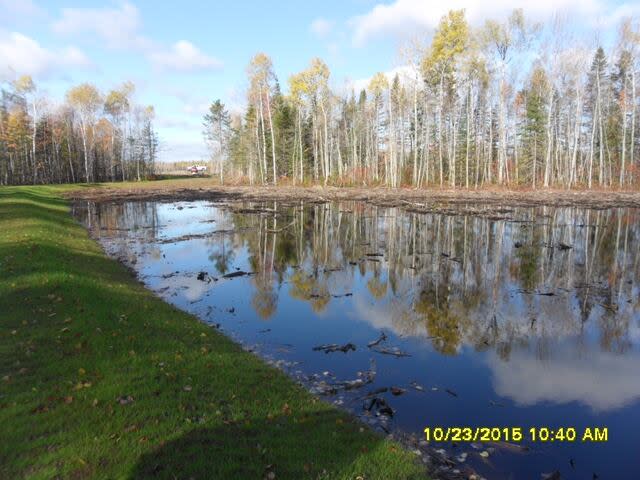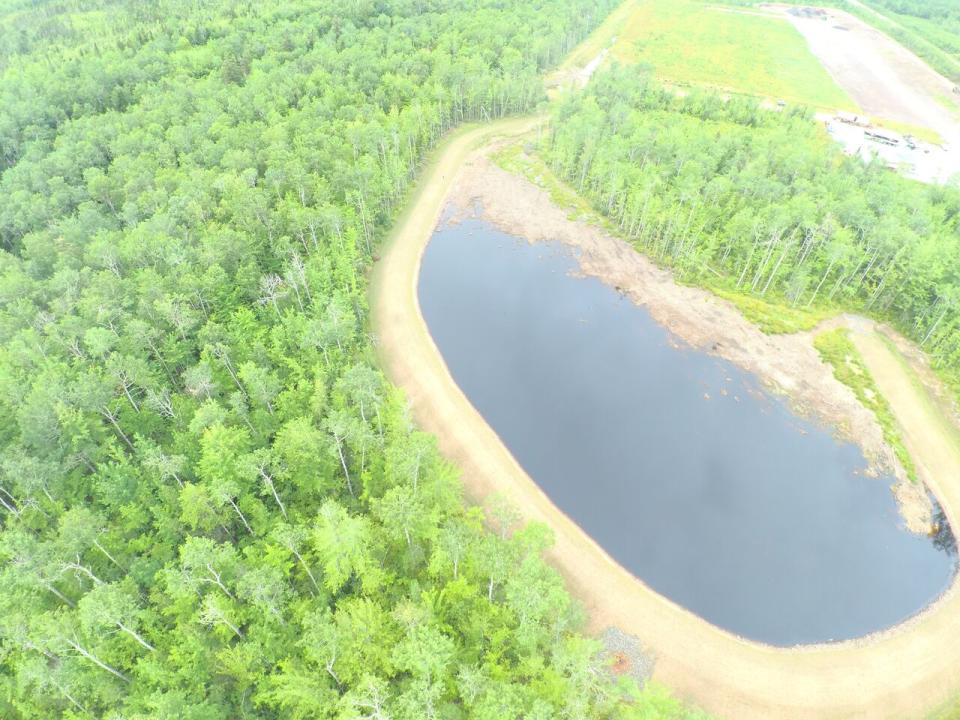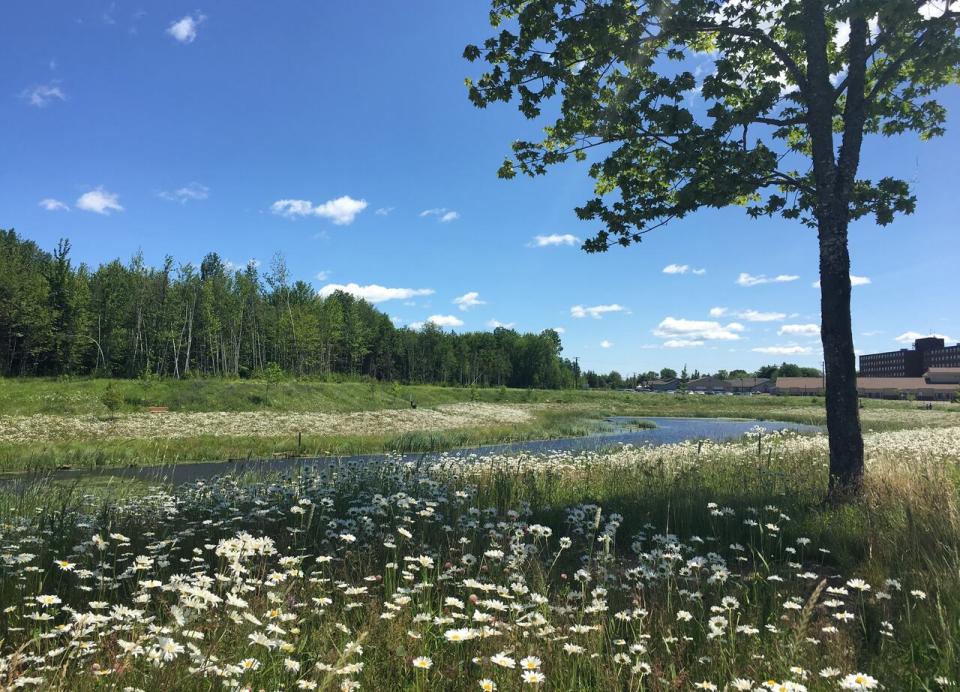Moncton effort to protect waterways from road salt gets encouraging results

A Moncton project to reduce the salt and sediment reaching waterways from a city snow dump is showing positive results, according to Ducks Unlimited Canada.
There has been an increase of about 20 per cent in water quality since the creation of a new wetland to filter pollutants from snow melt, said Adam Campbell, the Atlantic manager of operations for the conservation group.
"It was quite acceptable not that long ago to dump the snow right into rivers and right into the bay," Campbell said.
But that's changing.
"I think there is a knowledge that this can be detrimental."
The Moncton project has been underway since 2015, when local officials were concerned that runoff from snow being trucked to the Berry Mills dumpsite from different parts of the city would flow into an adjacent brook.
Since the snow dump is filled with snow plowed from roads, it is filled with sand, salt and other pollutants.

For comparison, this is what the first year of flooding looked like with the snow dump. (Submitted by Adam Campbell)
So the city and Ducks Unlimited worked together to design a skinny wetland to mimic a natural one. The runoff is forced to flow all through the new wetland feature before exiting in a more filtered state into the brook.
"It does a pretty good job of reducing a number of things, but in particular salt," Campbell said. "The amount of salt coming into the system compared to the outlet is quite reduced, as we had hoped."
If salt enters a freshwater system, Campbell said, it can be fairly toxic to fish and other species living there. It doesn't take a lot of salt to make a freshwater system less desirable for fish that can't survive with salt.
He said a wetland needs to have three things: water, vegetation that can grow in those conditions, and the right soils to keep the water in place.
Once a wetland feature is established, it acts as a filter.
But it took a few growing seasons before the new Moncton wetland was functioning properly.

An aerial photo shows the constructed wetland when it was newly created and the snow dump pad above it. (Submitted by Adam Campbell)
Elaine Aucoin, the general manager of sustainable growth and development for the city, said during routine testing of the water, the inlet — or start of the wetland — and the outlet — the part of the wetland that goes into the brook — are tested to see if the wetland is properly filtering out pollutants.
The results show that along with the decrease in road salt in the outlet of the wetland, there is also a decrease in hydrocarbons, metals and other sediments in the runoff.
While the waterway has been good for the brook, Aucoin said, it has also helped create an environment for other wildlife.

A Moncton naturalized storm-water pond designed to receive storm-water runoff. (Submitted by Adam Campbell)
Since the creation of the Berry Mills wetland, the city has constructed three other wetlands, or naturalized stormwater ponds, for storm-water management purposes, also with the help of Ducks Unlimited.
Campbell said there is probably an opportunity to explore doing more wetlands in response to snow-melt runoff.
"I think everyone's kind of headed in the right direction."


